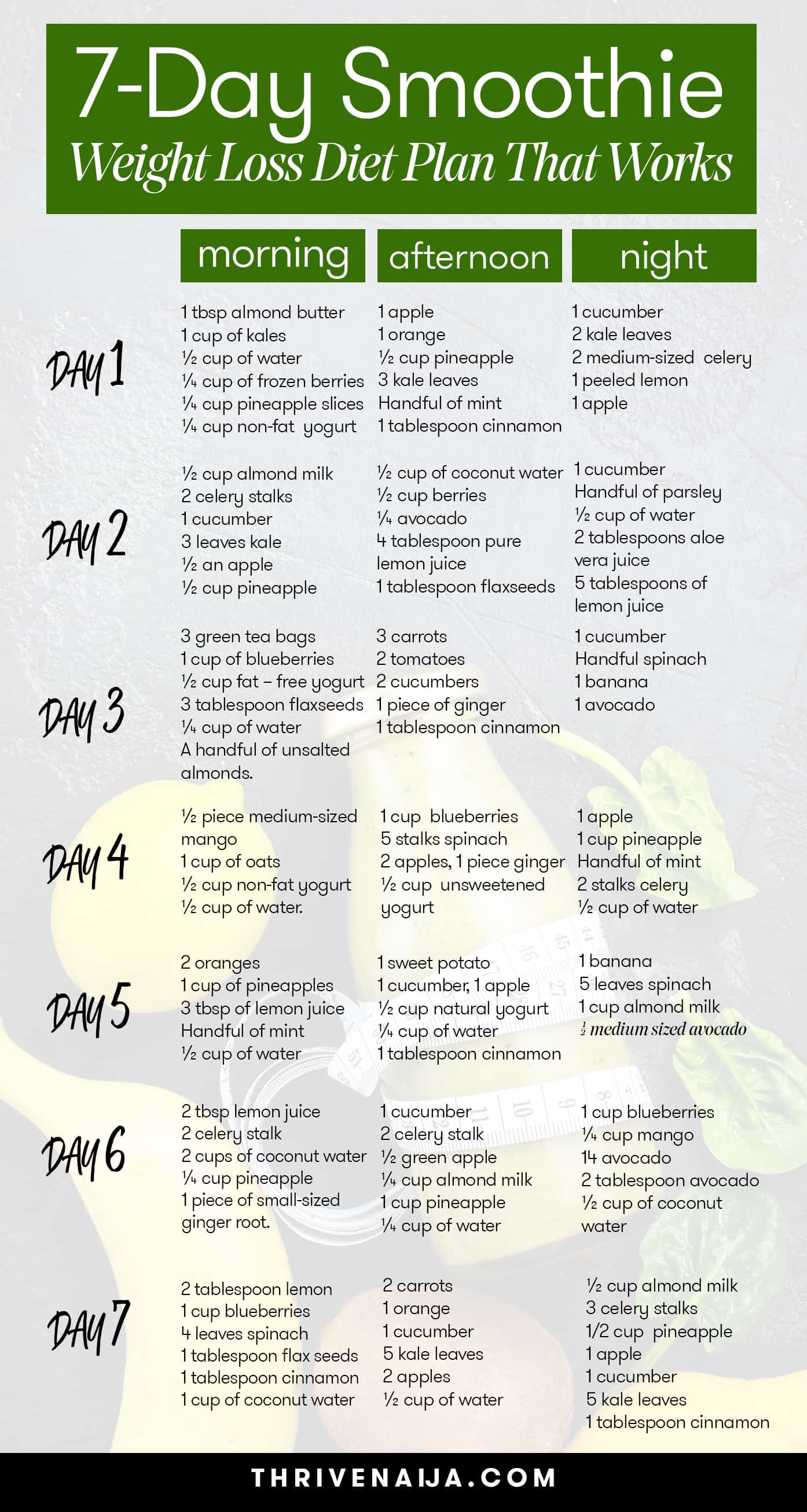In, in a time when health and wellness are at the forefront of many people's daily lives, the choices we make about our diets can seem overwhelming. Starting from the trendy Ketogenic and Paleo to the well-respected Mediterranean and the flexible Flexitarian approach, there is a variety of diets crafted to help us achieve our goals. Whether you are aiming for weight loss, muscle building, or just a healthier lifestyle, understanding the various types of diets offers you the power to take informed decisions that fit your unique needs.
In this beginner's guide, we will explore the most popular diet types, providing insights into their pros and cons, and helping you decide which one might suit right for you. Focusing on a focus on sustainable practices and a balance of nutritional needs, the Flexitarian approach stands out as a promising option. Diabetes diet embraces the principles of plant-based eating while allowing for occasional meat consumption, making it a perfect blend for those who seek to enjoy the benefits of a vegetarian diet without completely sacrificing their favorite foods. As we plunge into the details of various diets, you'll discover how to pick the right one that matches your lifestyle and goals.
Comprehending Common Diets
In the last few years, an assortment of diets has gained popularity, each promising health benefits and weight loss effects. Among the most popular are low-carb diets like Keto and Paleo, which highlight the reduction of carbohydrates in favor of proteins and fats. On the flip side, plant-based diets, which encompass vegetarianism and vegan approaches, center around consuming more fruits, vegetables, and whole grains while restricting animal products. Each of these diets has its individual principles and intended goals, creating a diverse landscape for individuals seeking to improve their diet.
Another frequent approach is the Mediterranean diet, favored by many health professionals for its heart-healthy benefits. This diet emphasizes a significant intake of olive oil, fruits, vegetables, whole grains, and lean proteins, with a reasonable consumption of dairy and limited red meat. The Mediterranean way of eating not only supports weight management but also encourages overall well-being, making it an attractive option for people seeking a balanced lifestyle. In contrast, specific diets like the DASH diet are designed to address specific health issues, such as high blood pressure, by focusing on nutrient-rich foods and reducing sodium intake.
As people navigate through the myriad of diets present, it's crucial to find one that matches with personal goals and lifestyle. For some, versatility is key, making the flexitarian diet a compelling choice, which permits occasional meat and animal products while primarily focusing on plant-based foods. Comprehending these common diets can help users make educated decisions that cater to their health, ethical beliefs, and personal tastes in diet.
Evaluating Diets for Your Lifestyle
Deciding on a diet that matches your lifestyle can make a significant impact in your overall success and happiness. It's important to consider factors such as your daily routine, food choices, and any dietary restrictions you may have. For instance, if you lead a fast-paced life, a meal plan that highlights ease, like the Flexitarian Diet, may be advantageous. This approach allows for adaptability and doesn't necessitate strict adherence, making it simpler to incorporate into a busy lifestyle.
In considering time constraints, comprehending your connection with food is essential. Some diets, such as the Mediterranean Diet, promote a healthy method to eating that encourages enjoyment and balance, rather than limitation. If you discover comfort in variety and taste, diets rich in plant-based options might resonate more with you. On the flip side, if you flourish on order, a more defined plan like Keto or Whole30 could be attractive. The key is to select a diet that aligns with your eating habits while still challenging you to make healthier choices.
To sum up, consider the long-term viability of the diet over the years. Many popular diets might show quick results, but can be difficult to maintain. Assess whether the diet can comfortably blend into your social life and gatherings or if it needs significant adjustments to your lifestyle. The Flexitarian strategy achieves a balance, allowing for infrequent indulgences while focusing on healthier food choices and making it a realistic option for many individuals. By evaluating these elements, you can find a diet that fosters both health and happiness.

Specialty diets & health factors
Specialty diets are frequently formulated to meet distinct health issues and lifestyle preferences. Such as, the gluten free diet is necessary for those with celiac disorder or intolerance to gluten, as it helps prevent negative reactions. In the same way, the FODMAP diet is advantageous for individuals with IBS, enhancing digestive well-being through removing certain carbohydrates that cause discomfort.
Another important specialized diet is the kidney diet, designed for individuals with renal issues. check it out restricts potassium, phosphorus intake, and sodium levels to alleviate the strain on the kidneys. Additionally, diabetic diets aim to regulating glucose levels, highlighting foods with a low glycemic index and well-rounded nutrition to support overall health.
Though specialty diets can provide major health advantages, it is essential to consider them with care. Be sure to seek advice from a qualified healthcare provider or a licensed dietitian before making drastic changes to your diet. Individualized support is important to ensure that dietary restrictions do not result in nutrient gaps or worsen existing health conditions.
